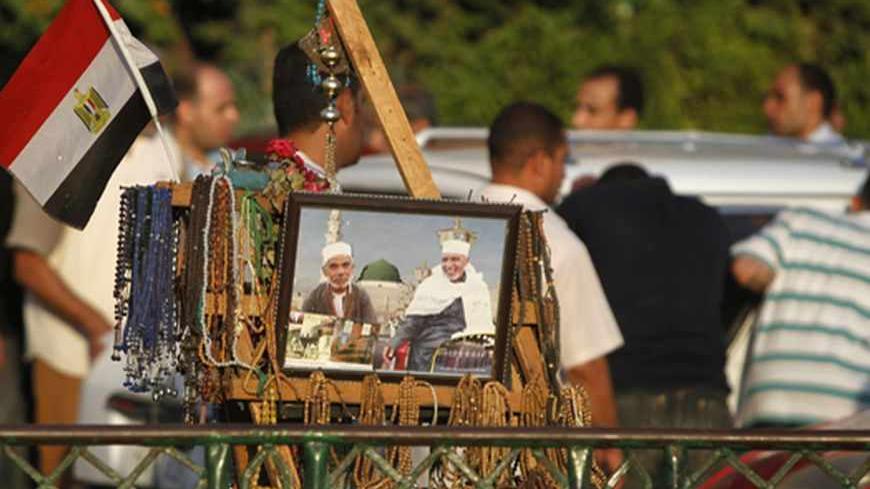A rising wave of extreme anti-Shiite sectarian violence is sweeping the Islamic world from Beirut to Bahrain and from Baghdad to Baluchistan. The mass slaughter of Shiites at the hands of extreme Sunni groups like al-Qaeda in Iraq and Lashkar-e-Jhangvi in Pakistan is unprecedented in modern Islamic history. Not since the Saudi and Wahhabi sack of Najaf and Karbala in 1806 has sectarian violence in the Middle East been this extreme.
The origins of this wave of extreme sectarianism are many and Iran cannot escape some responsibility for the backlash. Iran and Hezbollah encouraged Shiite identity and sectarian animosity for decades. The Assad family in Syria created a sectarian state where Alawis dominated Sunnis for many years, and when they fought back, their cities, such as Hama, were shelled into submission. Saddam Hussein brutally crushed the Shiite intifada in Iraq in 1991. The Iranian and Hezbollah intervention in Syria this spring has exacerbated the tensions to the boiling point.



